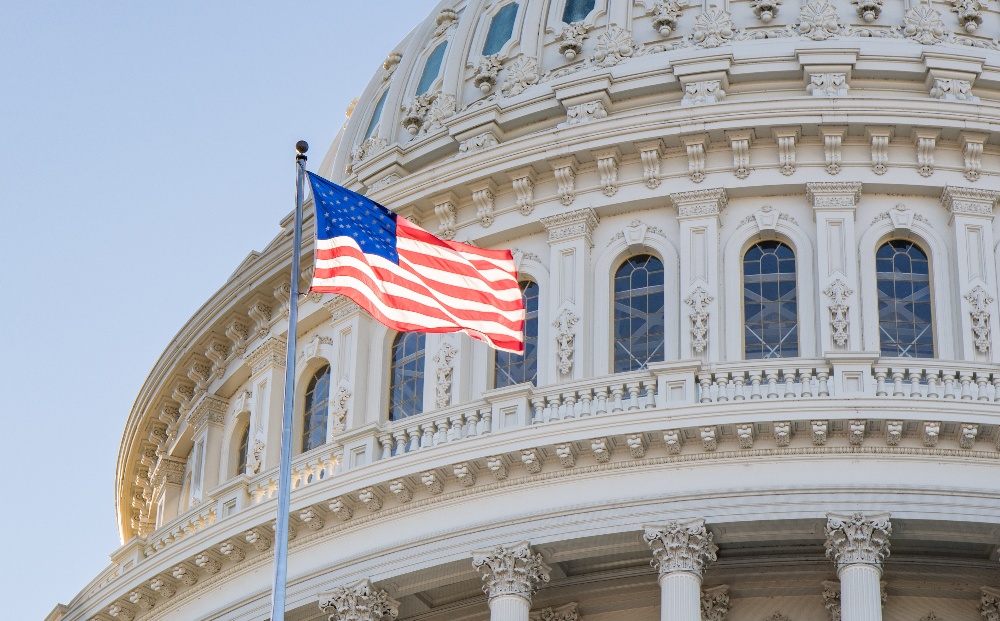In Moore v. United States, the Supreme Court (SCOTUS) sidestepped the question of whether it is constitutional to tax unrealized income—but four opinions (two concurring and two dissenting) suggest that at least four of the current SCOTUS justices might in another case find it is unconstitutional to tax income until it is realized.
The plaintiffs in the case alleged that they had not realized $15,000 in “income” from a foreign investment because the foreign company had reinvested that money, without direction from them, back into the company rather than paying it to them. SCOTUS found that this was appropriately-taxed passthrough income, and thus did not need to reach the question—which plaintiffs had raised—of whether the Constitution requires that income must be realized in order to tax it.
Moore was a seven to two decision. However, it was not along the usual partisan policy lines. Justice Brett Kavanaugh, a conservative justice, wrote the opinion, which was joined by fellow conservative Chief Justice John Roberts and liberal Justices Sonia Sotomayor, Elena Kagan and Ketanji Brown Jackson. Justices Amy Coney Barrett and Samuel Alito—both conservatives—concurred in the result but wrote their own opinion in which they questioned whether it is constitutional to tax unrealized income. Also questioning the constitutionality of taxing unrealized income were dissenting conservative Justices Clarence Thomas and Neil Gorsuch.
Congressional reaction was mixed. Proponents of wealth tax proposals were optimistic that the opinion would permit proposals to tax very wealthy individuals on the annual gains in their investments’ value, even if those investments have not been sold (and gain realized). Others, including some tax writers, took a more cautious view, though. They noted that with four of the nine Justices writing about the potential for it to be unconstitutional to tax unrealized income, it could be very risky to enact a wealth tax on unrealized gains that would withstand SCOTUS review.
There are a number of Democratic proposals to tax unrealized investment gains, on an annual basis or at death and upon gift, applicable to taxpayers with $100 million or more in wealth. President Biden included such a proposal in his fiscal year (FY) 2025 budget. And several Democrats (including, for example, tax-writing Senate Finance Committee Chairman Sen. Ron Wyden (D-OR)) and other Democratic members of both the Senate Finance and the tax-writing House Ways & Means Committees) have proposed such wealth taxes. There are also other proposals to impose higher taxes on higher-income taxpayers that do not involve wealth taxes, such as surtaxes.
Prospects: The direction of the 2025 tax bill is still unknown—it will depend very substantially on the outcome of the November elections. But what is known is that both Republicans and Democrats are concerned about spiraling federal deficits and are considering the extent to which the 2025 bill will have to include both offsetting revenue and new revenue to reduce the federal deficit. Wealth taxes are very much a live possibility, especially if Democrats control the House, or the Senate, or the Presidency. Thus, the Moore decision will likely significantly influence wealth tax proposals’ fate in the tax debate that is anticipated to start in earnest by November or December.
NAIFA Staff Contact: Jayne Fitzgerald – Director – Government Relations, at jfitzgerald@naifa.org.






.png?width=600&height=90&name=Support%20IFAPAC%20%20(600%20%C3%97%2090%20px).png)
